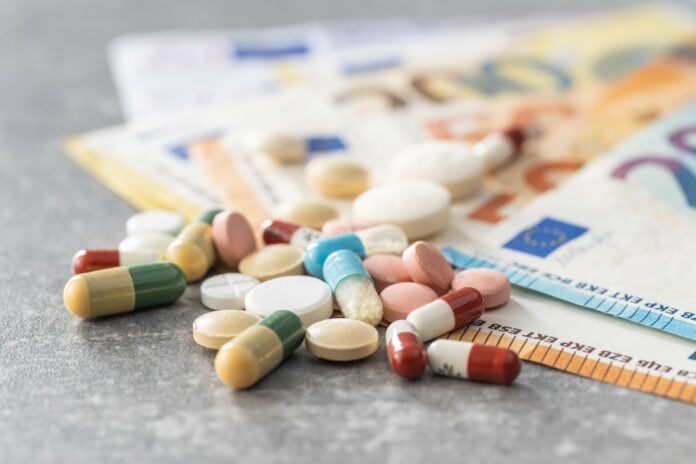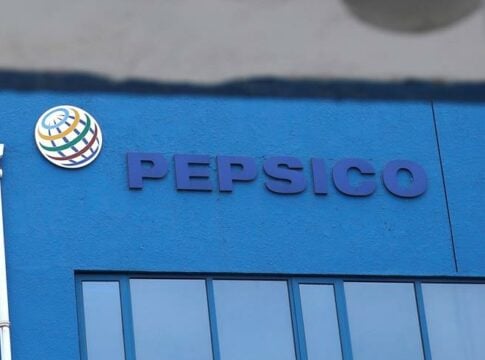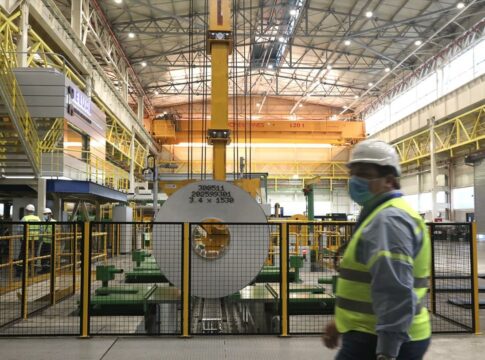Slow integration of new drugs, reduction in public pharmaceutical spending, increasing trend of mandatory refunds despite its strong export footprint and R&D is recorded by the pharmaceutical market according to a new study by IOBE.
The pharmaceutical industry is one of the most dynamic sectors of the Greek economy, however, the gap in financing public pharmaceutical spending is still large, while mandatory refunds (clawback & rebate) make it difficult for potential investments as well as the introduction of new innovative formulations.
As recorded in the IOBE study “The Pharmaceutical Market in Greece: Facts and Figures 2024”, total pharmaceutical expenditure (outpatient and inpatient) stood at 7.5 billion euros in 2023, while it is estimated to rise to 8.5 billion euros in 2024. Public expenditure stood at 2.8 billion euros, with an estimate of 3.0 billion in 2024, while the participation of the pharmaceutical industry increased to 3.9 billion euros in 2023 and it is estimated to rise to 4.6 billion in 2024.
From 2022 onwards, the state redistributed spending across the three distribution channels (retail, PHI and hospitals), resulting in an unequal redistribution of mandatory reimbursements, especially for hospital medicines and high-cost medicines, creating suffocation for pharmaceutical companies that are required to pay almost 80% clawback. At the same time, patient participation increased to 740 million euros in 2023 and 810 million euros in 2024.
However, we also have delays in the introduction of new treatments in our country compared to other European countries, as of the 173 new drugs approved in the period 2020–2023, only 75 were imported into Greece, while only 1 in 5 innovative drugs of the last four years are available in Greece.
However, the pharmaceutical industry has a strong export footprint and R&D. Research and Development (R&D) expenditure in 2022 amounted to 161 million euros. Also, in the period 1995-2024, 2,034 clinical studies were conducted (1,715 completed) regardless of phase or stage. Exports amounted to 2.8 billion euros in 2024 (5.7% of total exports) with imports constituting 5.1% of total imports in 2024. Finally, the total contribution of the sector in terms of GDP is estimated at 6.9 billion euros (3.1% of GDP) in 2023.















